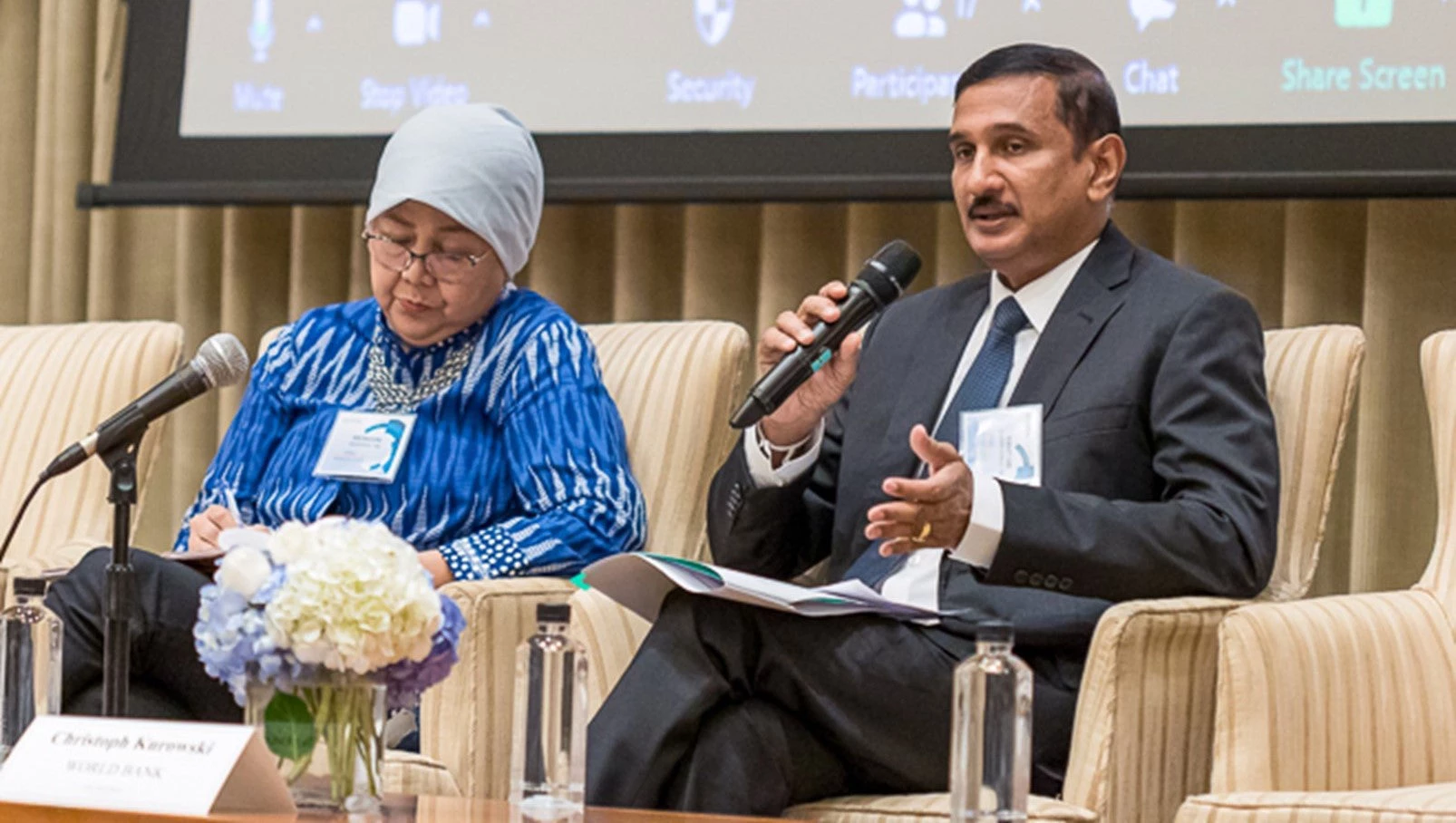 Somil Nagpal
Somil Nagpal
The global commitment to primary health care (PHC), so that all people, everywhere, can share in enjoying the best possible health throughout their lives, is bold and significant. Effective primary health care underpins all high-performing health systems and provides the foundation for achieving universal health coverage (UHC) . However, there is much to be done if it is to meet the needs of all people, particularly those living in low- and middle-income countries.
Health systems are fuelled by their financing arrangements and getting them right is crucial for ensuring people remain at their heart. The Asia & the Pacific Health Financing Forum held in Bangkok, Thailand, in September 2022 provided a platform for public health experts to relay their experiences in developing “people-centered financing” arrangements.
Indonesia sets an example
A key recommendation from the recent Lancet Global Health Commission on Financing Primary Health Care: Putting People at the Center is that population based provider payment mechanisms such as capitation - where a fixed amount of money per patient is paid in advance to health providers to deliver services - will play a pivotal role in keeping people at the centre of health service delivery, no matter where they live.
Indonesia runs a national health insurance scheme that has been making capitation payments to PHC outlets such as private clinics and public health centers at the community, district and provincial levels, since its inception is 2014. Jaminan Kesehatan Nasional (JKN) is in its 9th year and has become one of the world’s largest social health insurance schemes. Prastuti Soewondo, senior advisor to the health minister of Indonesia, said JKN currently covers 238 million people, or 87 percent of the population, and contracts 2,800 hospitals, 24,000 primary and private facilities, and 1,700 pharmacies to delivery health care to each enrolled person.
Some of “the public money previously allocated to hospitals is now going to primary health care. And the major focus of PHC is not only on budget allocation but also accountability linked to facility performance,” Dr Prastuti said, referring to the MOH’s initiatives to allocate an increased share of resources for the primary care level.
Good results are already evident. One recent study published in PLOS Global Public Health showed that Indonesian households with JKN membership are far less likely than the uninsured to pay out of pocket for health services. And the cost incurred among JKN households is lower than among the uninsured ones at both the primary health care centers and hospitals.
Technology also has a role to play.
“Indonesia is using telemedicine, and an integrated information system to bridge the gap between doctors and patients,” Dr Prastuti said.
During the COVID-19 pandemic, 12 million teleconsultations were conducted online through 20,000 PHC facilities between April 2020 to December 2021. The integrated health information system that collects patients’ records also helps with digital screening for chronic disease risks in population groups and provides invaluable information for tackling the rapidly rising non-communicable disease (NCD) burden.
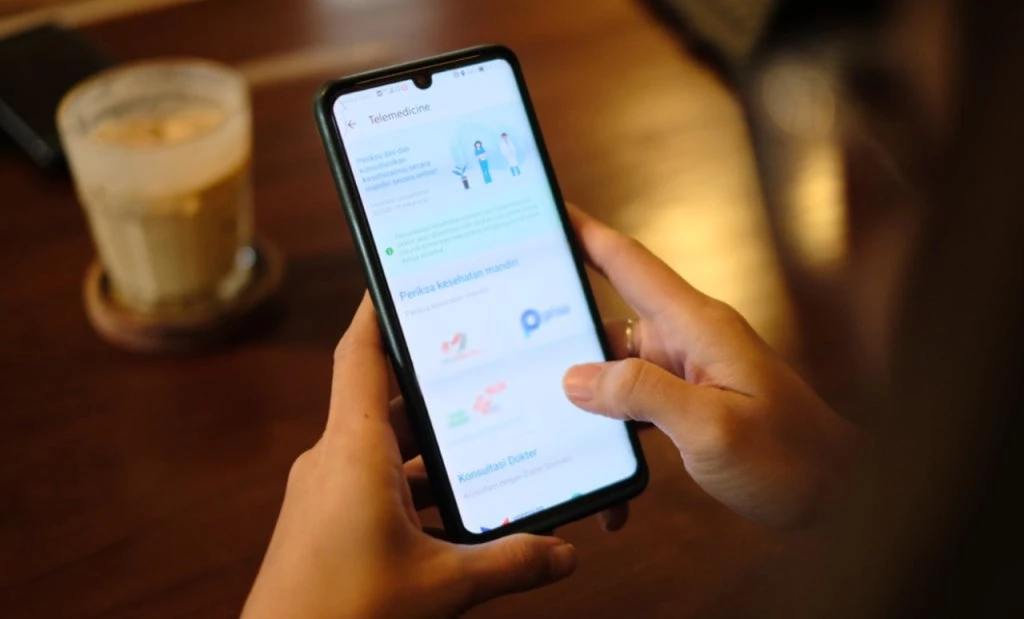
Sri Lanka reorganized its PHC services
Sri Lanka is also actively putting its 22 million people at the centre of health service delivery. Free healthcare is provided for citizens through PHC institutions, including preventive and curative services delivered through health unit medical officers and district and primary medical care hospitals. However, Sri Lanka has the fastest ageing population in South Asia. Rising NCDs account for 87 percent of deaths in the country. Meanwhile, out-of-pocket spending on health is 47 percent of health spending.
To meet these challenges and preserve the progress it has made, Sri Lanka has reorganised its PHC to increase the use and the quality of services.
“The strategy of this reorganization is to improve services at public healthcare institutions including diagnostic facilities, medicines, training, human resources, real-time information management system and citizen engagement which will increase utilization, coverage and quality of PHC services,” said S. Janaka Sri Chandraguptha, Health Secretary of Sri Lanka.
People, particularly Sri Lanka’s poor and vulnerable, are at the center of these efforts which include around 900 healthy lifestyle clinics to help lighten the growing burden of NCDs and support improved service quality at PHC institutions. Sri Lanka is also working with the World Bank on the US$200 million Primary Healthcare System Strengthening Project that focuses on the detection and management of NCDs at the PHC level, responds to the changing health needs of the population, and targets vulnerable groups.
Let’s hear from the people
It’s inspiring to hear how countries are putting people at the center of their healthcare systems. The Indonesian experience shows how health financing arrangements can be used to drive change, enabling a reallocation of resources towards PHC and influencing provider behavior through provider payment . Ensuring that PHC is available free at the point of use, as it is in the Sri Lankan public sector, is another way to place people at the centre of health financing arrangements. But broader efforts to strengthen the health system are needed to ensure that care is accessible, good quality and responsive to people’s changing healthcare needs - all part of a truly people-centred health system.

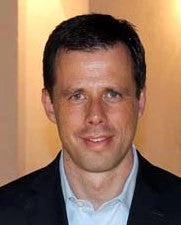
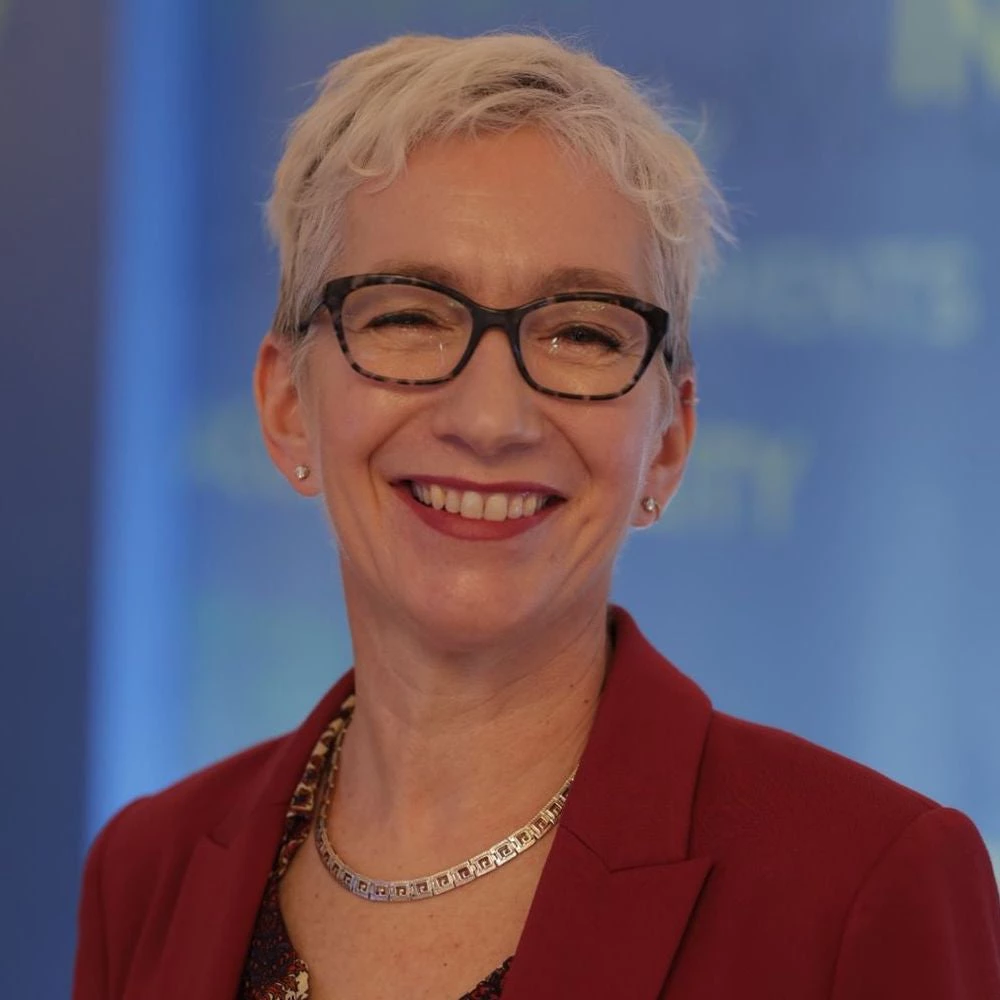
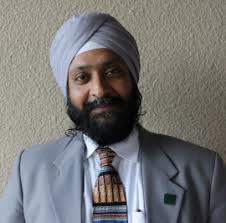
Join the Conversation